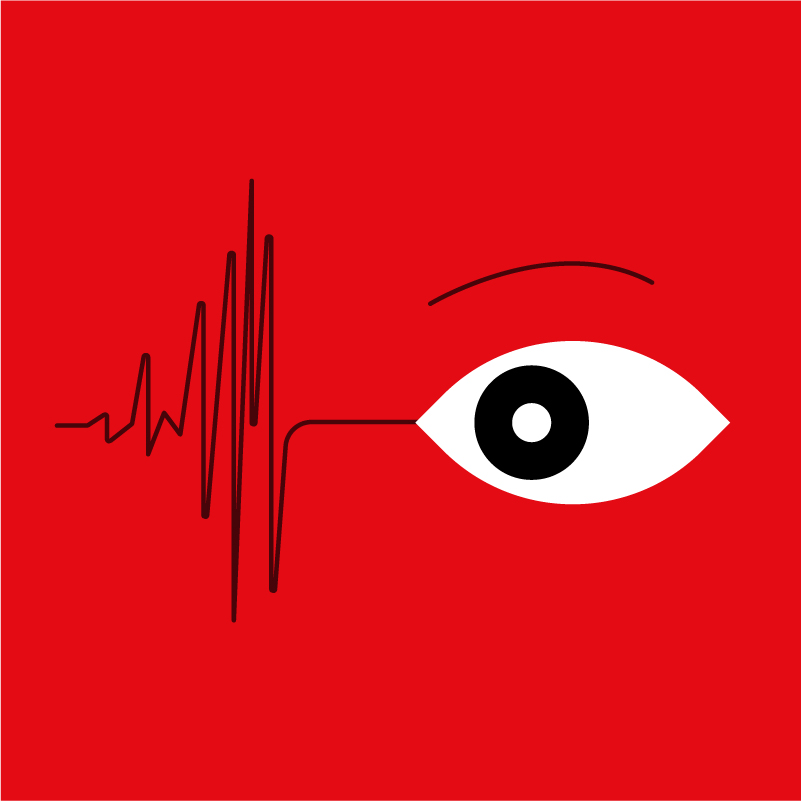Post-Earthquake Anxiety? It’s Normal. And Treatable.

You are not alone. If you are feeling anxious right now, it’s okay to breathe and it’s okay to talk to someone. It’s okay to feel how you feel. Anxiety is normal, especially after an earthquake. About 18% of people in the US deal with an anxiety disorder at any given time and one in 13 people around the world live with an anxiety disorder. If you live in Southern California, anxiety may be an emotion that is all too familiar. On the Fourth of July, residents spent their Fourth of July coping with the aftershock of a 6.4 magnitude earthquake. Before they could recover they had an even bigger earthquake the next day. Business Owner, 66-year-old Nancy Pace told the Washington Post she and other residents were “scared to death,” fearing another earthquake could hit “any second.” Experts say survivors of natural disasters can experience feelings of post-traumatic stress disorder after the event.
“What is causing the fear is that you have no control,” Clinical and Forensic Neuropsychologist Dr. Judy Ho said in a story with CBS Los Angeles. Ho said preparation techniques like running drills ahead of time can help people to cope with anxiety. She said once that is done, it is important to breathe and remind yourself you have done all that you can do to be prepared.
Young People are Going Through it too
According to the Center for Disease Control, young people are at a greater risk for struggling with their mental health in areas such as anxiety, depression and post-traumatic stress disorder. This happens because they:
- Have less of an understanding of the situation.
- Don’t have as much experience handling stressful situations.
- Feel less in control of events.
If you or someone you know is feeling anxious after an earthquake, we’ve got your back. We always hear about ways to keep your body safe during a natural disaster. Read on for a few tips and tricks to keep our minds safe and get to that cool calm after a natural disaster:
- Ask for help. We’re here if you need help processing your emotions in the moment. Text us at 741741 to connect with a crisis counselor who can help you go from totally overwhelmed to cool and calm.
- Talk it out. Once you have gotten through that initial burst of overwhelm, you may want to try speaking to a therapist to help you process what you went through overtime.
- Check-in with your people. Hangout with friends and family who can help you feel comforted and safe. Have a friend who is a good listener? Have an aunt who is particularly funny? Tell her to bring on the jokes for a little humor medicine/distraction.
- Show up for your community. It helps us to help others. Try volunteering to help community members or family.
Here’s the Scoop on Anxiety
Have you ever spent minutes, hours, even days agonizing about all the things that could happen? That’s anxiety. It’s the uncomfortable, sometimes painful feeling that swells up in you because of fear of the unknown. When those emotions derail your ability to complete daily tasks it is an anxiety disorder.
What are the Symptoms?
Anxiety manifests differently for each person. According to the National Institute of Mental Health (NIMH), some of the most common symptoms of anxiety include:
- Feeling restless, wound-up, or on-edge
- Autonomic hyperactivity
- Trouble sleeping or sleeping well
- Being easily fatigued
- Having difficulty concentrating or feeling like your mind has “gone blank”
- Irritability
- Muscle tension
- Hyperactivity
- Difficulty controlling feelings of worry
Anxiety Treatment and Prevention>
The good news is anxiety is treatable. Here are some things you can do.
- Find your cool calm. Focusing on your breathing to find a place of calm can help minimize anxious sensations. Pro-tip: this GIF can get you started.
- Get your stress in check. Stress management techniques, including aerobic exercise, yoga, and mindfulness meditation can be useful to manage anxiety.
- Hit the hay. Maintaining regular sleep patterns is an important part of self-care to manage anxiety.
- Talk to a pro. Psychotherapy, including “talk therapy,” cognitive-behavioral therapy (CBT), and exposure therapy may be useful to mitigate anxiety.
- Dial-in. We’re here to talk—always. Text HOME to 741741 to connect with a real human.
Talking to your general physician is a great first step to learning more about how you’re feeling and the options around managing your mental wellness that will be most effective for you.
And remember, you can also text us if you need help coping in the moment. Text a Crisis Counselor at 741741. We got you!

